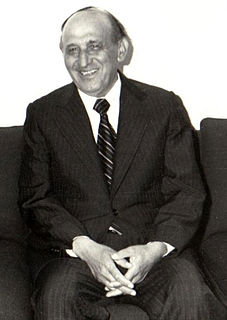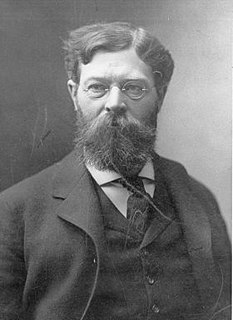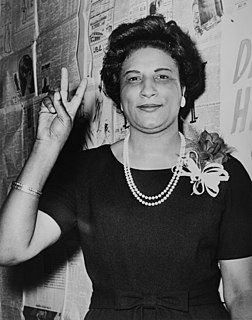A Quote by William T. Vollmann
The case of Afghanistan vs. the Soviet Union is the clearest case of good against evil that I've seen in my lifetime. I thought it was terrific the way they got their country back.
Related Quotes
We're taking action against evil people. Because this great nation of many religions understands, our war is not against Islam, or against faith practiced by the Muslim people. Our war is a war against evil. This is clearly a case of good versus evil, and make no mistake about it - good will prevail.
My family left Afghanistan in 1976, well before the Communist coup and the Soviet invasion. We certainly thought we would be going back. But when we saw those Soviet tanks rolling into Afghanistan, the prospect for return looked very dim. Few of us, I have to say, envisioned that nearly a quarter century of bloodletting would follow.
This much I would say: Socialism has failed all over the world. In the eighties, I would hear every day that there is no inflation in the Soviet Union, there is no poverty in the Soviet Union, there is no unemployment in the Soviet Union. And now we find that, due to Socialism, there is no Soviet Union!
Thus, then, stands the case. It is good, that authors should be remunerated; and the least exceptionable way of remunerating them is by a monopoly. Yet monopoly is an evil. For the sake of the good we must submit to the evil; but the evil ought not to last a day longer than is necessary for the purpose of securing the good.
Why were the Europeans bothered about the Soviet Union at all? It was nothing to do with us. China had nothing to do with us. Why were we not building, without reference to the Soviet Union, a good society in our own countries? But no, we were all - in one way or another - obsessed with the bloody Soviet Union, which was a disaster. What people were supporting was failure. And continually justifying it.
Back in 1956, we signed a treaty and surprisingly it was ratified both by the Supreme Soviet of the Soviet Union and the Japanese Parliament. But then Japan refused to implement it and after that the Soviet Union also, so to say, nullified all the agreements reached within the framework of the treaty.
The world we live in is a world of mingled good and evil. Whether it is chiefly good or chiefly bad depends on how we take it. To look at the world in such a way as to emphasize the evil is the art of pessimism. To look at it in such a way as to bring out the good, and throw the evil into the background, is the art of optimism. The facts are the same in either case. It is simply a question of perspective and emphasis.
Women are the most denigrated social group in the Soviet Union. The idea of women's emancipation is only a slogan in - but also, I should say, in many places outside - the Soviet Union. But especially in the militaristic Soviet society, people only thought of life in terms of struggle and the workers' toil.







































